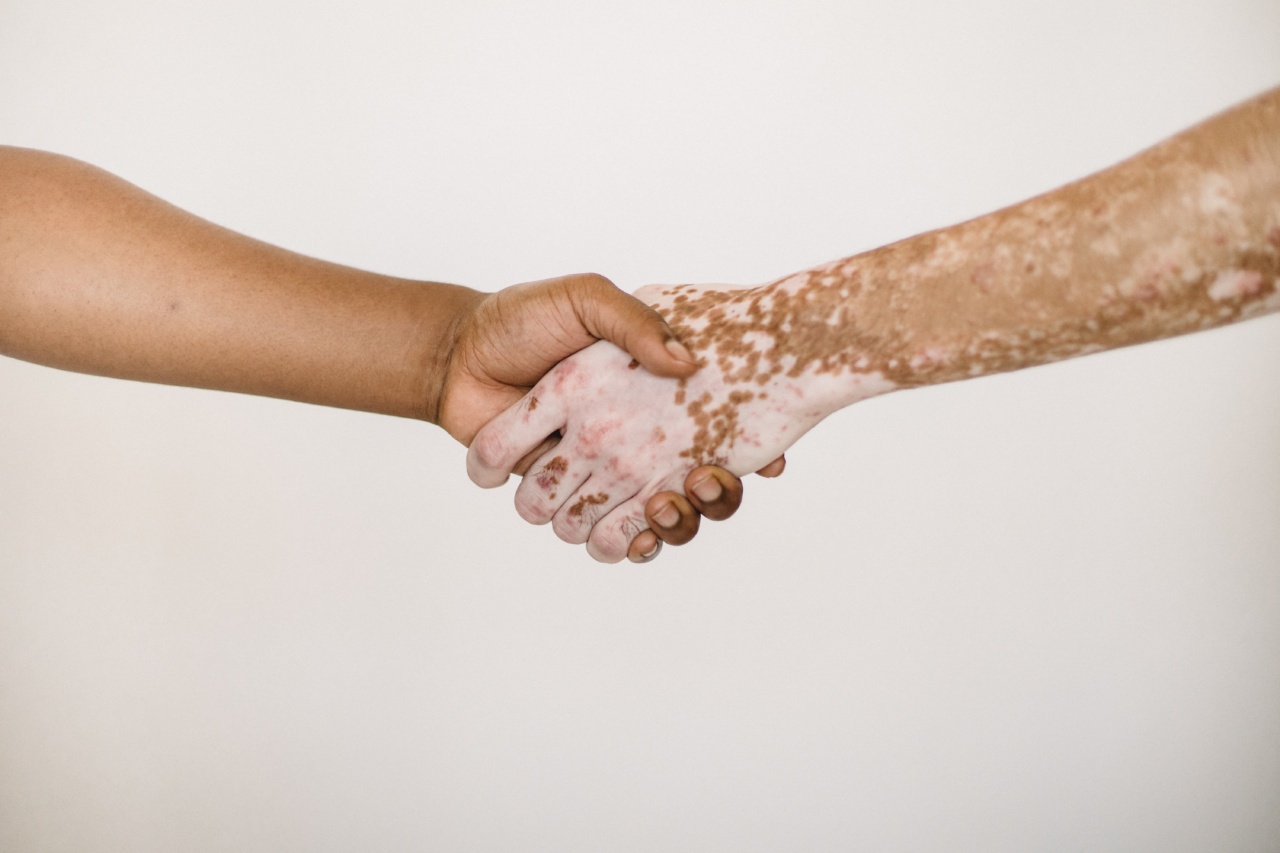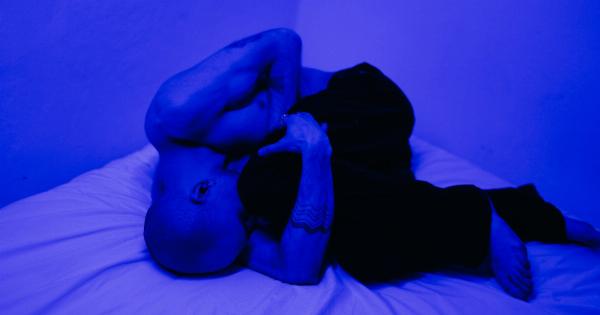A handshake is one of the most common greetings and forms of human interaction. From a simple gesture, like shaking someone’s hand, you can already tell about their personality and character.
An individual’s handshake could mean a lot of things depending on how they do it. A firm handshake, for instance, gives the impression of confidence, strength, and dominance. It also shows the person’s level of comfort upon meeting someone new.
A weak handshake might give the opposite impression and could indicate physical weakness or lack of confidence. But, could it also be a sign of impending dementia?.
What is dementia?
Dementia is a progressive decline in cognitive function severe enough to interfere with daily life, including memory loss, decreased ability to communicate, inability to perform everyday tasks, and changes in behavior or personality traits.
Dementia is a general term for a variety of brain disorders that affect thinking, memory, behavior, and the ability to perform everyday activities. Alzheimer’s disease is the most common type of dementia, followed by vascular dementia, Lewy body dementia, and frontotemporal dementia, among others.
What Causes Dementia?
Dementia can occur due to various factors, including brain injury, loss of brain cells, or brain infections. The risk of dementia increases with age, and it usually affects individuals over 65 years old.
In some cases, dementia may develop as a result of medical conditions, such as Parkinson’s disease, Huntington’s disease, and HIV/AIDS. Dementia may also be caused by vitamin deficiencies, alcoholism, or exposure to toxic substances.
How is dementia diagnosed?
There are several ways to diagnose dementia. Medical professionals first conduct a thorough physical examination to check for other underlying medical conditions that might cause cognitive decline.
Patients are then assessed through a referral to a specialist in neurology or geriatrics. These specialists may perform a series of cognitive tests, including the mini-mental state examination (MMSE), to determine the extent of cognitive decline.
Additionally, brain imaging tests are done to diagnose and track the progression of the disease.
What are the symptoms of dementia?
The symptoms of dementia vary, and they depend on the type of dementia and the area of the brain affected. The most common symptoms include:.
- Memory loss, particularly recent events
- Difficulty communicating
- Difficulty doing routine tasks
- Behavioral changes
- Difficulty learning new skills
- Loss of sense of direction
- Confusion about time and place
- Mood swings
- Depression and anxiety
- Difficulty with personal hygiene
What is a handshake?
A handshake is a brief interaction where people greet each other warmly, showing confidence and equality. The handshake usually entails gripping the hand of another person and shaking it gently and briefly.
However, different cultures have varying customs when it comes to handshaking. For instance, in some cultures, it is customary to use both hands while shaking hands, while in other cultures, it is considered inappropriate to shake the hands of the opposite sex.
Is a weak handshake a sign of impending dementia?
Research shows that a weak handshake could be a sign of impending dementia. According to a study conducted by researchers at Dalhousie University in Halifax, Canada, decreased grip strength is linked to a higher risk of developing dementia.
A firm handshake is an important clue that people use when judging others’ strength and personality. In the study, the researchers concluded that the strength of an individual’s handshake could predict cognitive function. Older adults with weaker grips are significantly more likely to develop dementia in the future.
Additionally, a weak handshake indicates frailty, which is a sign of general physical weakness and poor health in the elderly. In addition to dementia, frail older adults may be at higher risk of disability, hospitalization, falls, and mortality.
Older adults who experience a steady decline in grip strength have been shown to have an increased risk of mortality, regardless of age or sex.
Therefore, a weak handshake is not necessarily an indication of dementia, but it is a sign of general physical weakness, which is a risk factor for developing dementia and other age-related conditions in older individuals.
Conclusion
In summary, a handshake is an essential part of human interaction, and it can communicate a lot about someone’s personality, character, and physical condition.
A weak handshake, in particular, is a sign of general physical weakness and frailty in older adults. Research shows that decreased grip strength is linked to a higher risk of developing dementia. Therefore, it is important to monitor changes in grip strength in older adults as a predictor of future cognitive decline.
Early detection and treatment can help manage the progression of dementia and enhance quality of life in the elderly.































